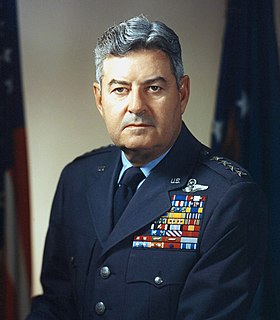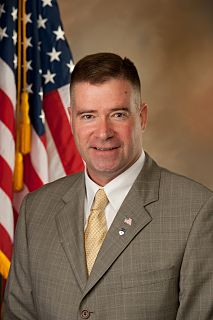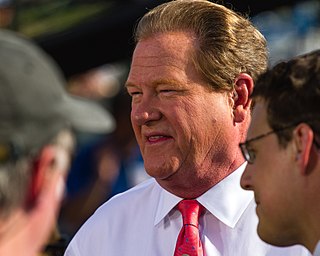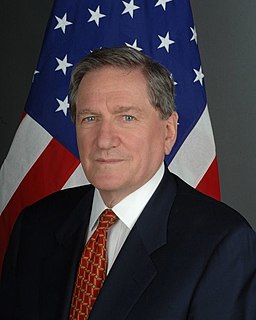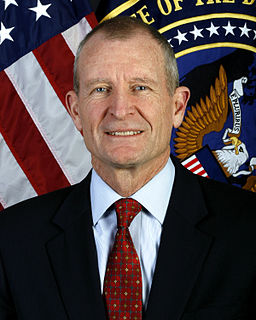A Quote by Samantha Power
Every decision to use military force is an excruciatingly difficult one.
Related Quotes
The most fundamental paradox is that if we're never to use force, we must be prepared to use it and to use it successfully. We Americans don't want war and we don't start fights. We don't maintain a strong military force to conquer or coerce others. The purpose of our military is simple and straightforward: we want to prevent war.
The libertarian approach is a very symmetrical one: the non-aggression principle does not rule out force, but only the initiation of force. In other words, you are permitted to use force only in response to some else's use of force. If they do not use force you may not use force yourself. There is a symmetry here: force for force, but no force if no force was used.
We don't have any intention whatsoever to use military force to solve the Palestinian problem. But when it comes to terror - when it comes to terror, I believe that military - the right military steps is a very, very complicated kind of warfare, where I make every effort not to escalate the situation.


